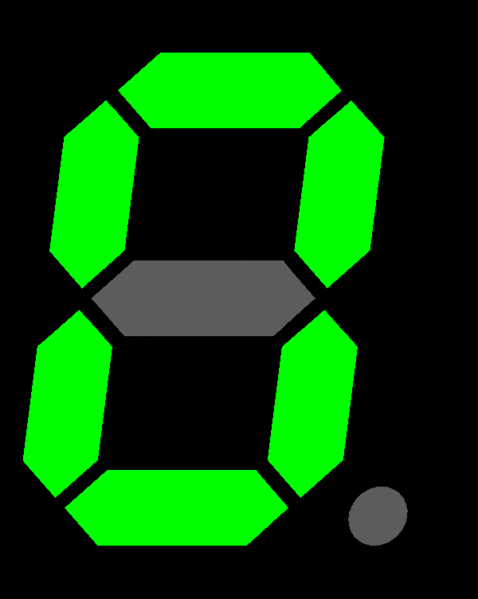Hexadecimals without Letters
 Let
be the set of all real numbers
whose hexadecimal (base 16) expansions do not contain any letters (i.e. they only have digits in the set
).
Let
be the set of all real numbers
whose hexadecimal (base 16) expansions do not contain any letters (i.e. they only have digits in the set
).
Find the least upper bound of .
Details:
For example, because its hexadecimal expansion is , which only consists of the digits . However because its hexadecimal expansion is which contains an .
Please write the answer in base 10, not 16.
Image credit: Wikipedia
The answer is 921.6.
This section requires Javascript.
You are seeing this because something didn't load right. We suggest you, (a) try
refreshing the page, (b) enabling javascript if it is disabled on your browser and,
finally, (c)
loading the
non-javascript version of this page
. We're sorry about the hassle.
( 1 0 0 0 ) 1 0 = ( 3 E 8 ) 1 6
So the largest integer, less than 1000 having no letters in base 16, is
( 3 9 9 ) 1 6 = ( 9 2 1 ) 1 0
Now for largest fractional part:
( 0 . 9 9 9 9 . . . . ) 1 6 = ( 0 . 6 ) 1 0
So the required number in base 10 is ( 9 2 1 . 6 ) 1 0 = ( 3 9 9 . 9 9 9 9 . . . ) 1 6 .